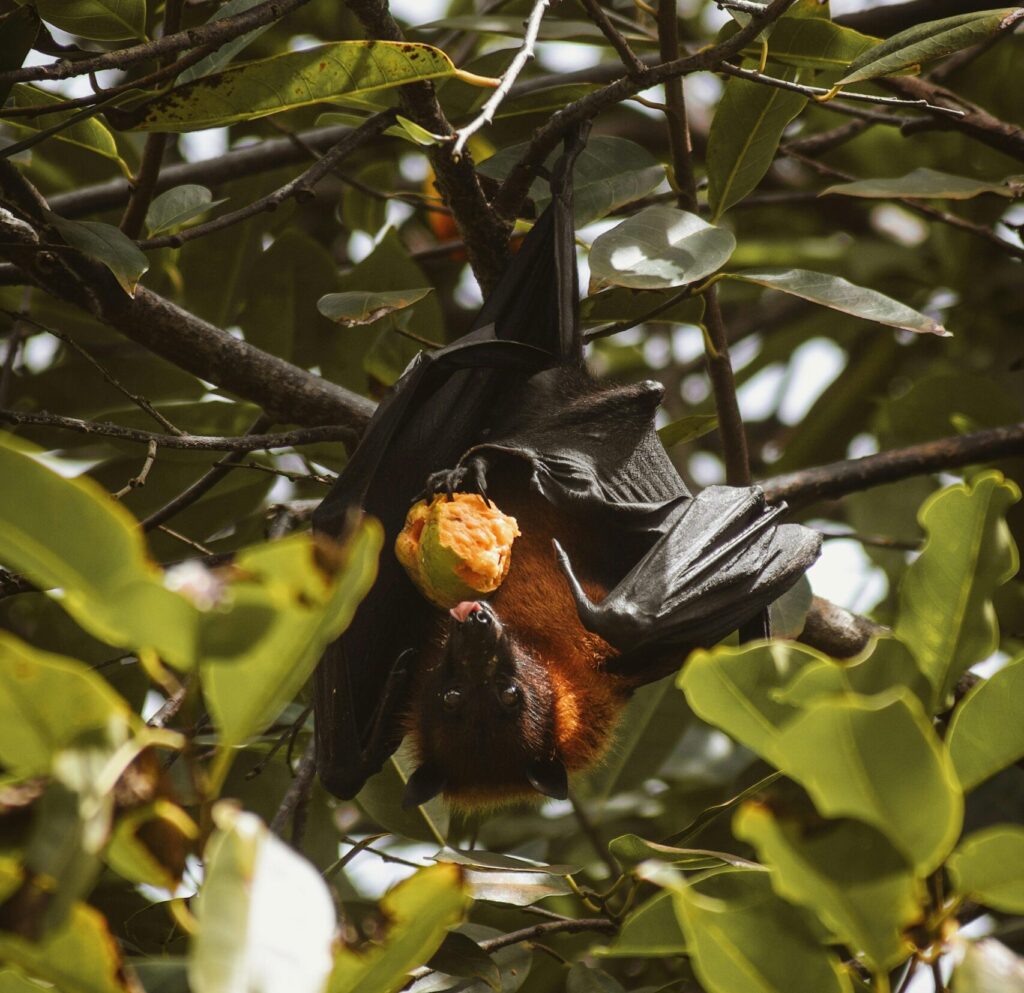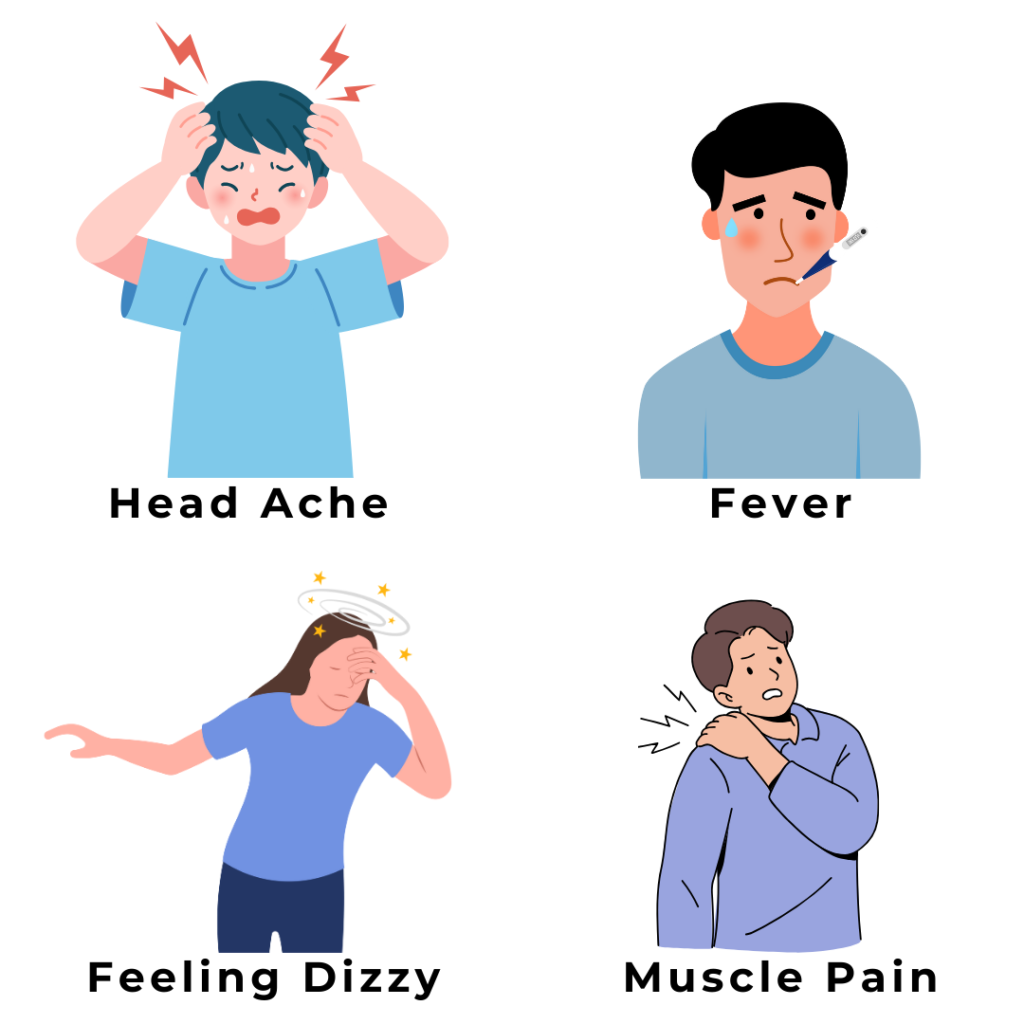The Nipah virus. It sounds serious, and it can be, but knowledge is power! Let’s take a closer look at this virus in a way that’s easy to understand. We’ll learn the basics, how it spreads, and most importantly, how to stay safe.
Animal to Human: The Nipah Virus Journey
Imagine a virus that can jump from animals to humans. That’s Nipah, a zoonotic virus. Its natural home is in fruit bats, but pigs can also catch it and spread it further.

Spreading the Word (Not the Virus!)
There are three main ways Nipah can travel from animals to us:
- Close Encounters: Touching or handling sick animals, or their fluids, can get you infected. Think of farm workers or vets who might be exposed.
- Fruity Mistake: Fruit bats love fruit, and sometimes they leave their virus behind with a bite. Eating contaminated fruit, especially if not washed properly, can be risky.
- Person to Person: This is less common, but close contact with someone sick with Nipah can spread the virus. Sharing utensils or not practicing good hygiene around a sick person are some ways this can happen.
Symptoms: From Fever to More Serious
Nipah symptoms can range from mild to very serious. Here’s a breakdown:

- Feeling Under the Weather: Fever, headache, muscle aches, and feeling dizzy are common signs. Basically, you might feel like you have a bad flu.
- Taking a Turn for the Worse: In severe cases, the virus can attack the brain. This can lead to confusion, seizures, coma, and even death. Thankfully, these severe cases are less frequent.
No Cure, But We Can Help
There’s no magic bullet to cure Nipah yet, but doctors can still be heroes. They can provide supportive care, like managing your symptoms with medications and fluids, to help your body fight the virus and improve your chances of recovery.
Prevention is Key: Keeping Nipah at Bay
The best defense is a good offense, right? Here’s how to avoid Nipah:
- Close Encounters: Touching or handling sick animals, or their fluids, can get you infected. Think of farm workers or vets who might be exposed.
- Fruity Mistake: Fruit bats love fruit, and sometimes they leave their virus behind with a bite. Eating contaminated fruit, especially if not washed properly, can be risky.
- Person to Person: This is less common, but close contact with someone sick with Nipah can spread the virus. Sharing utensils or not practicing good hygiene around a sick person are some ways this can happen.
Remember, Stay Calm and Informed
Nipah outbreaks are rare, and with the right precautions, the risk of infection is very low. Public health officials work hard to monitor and control outbreaks. By staying informed and practicing good hygiene, we can all play a part in keeping ourselves and our communities safe.
